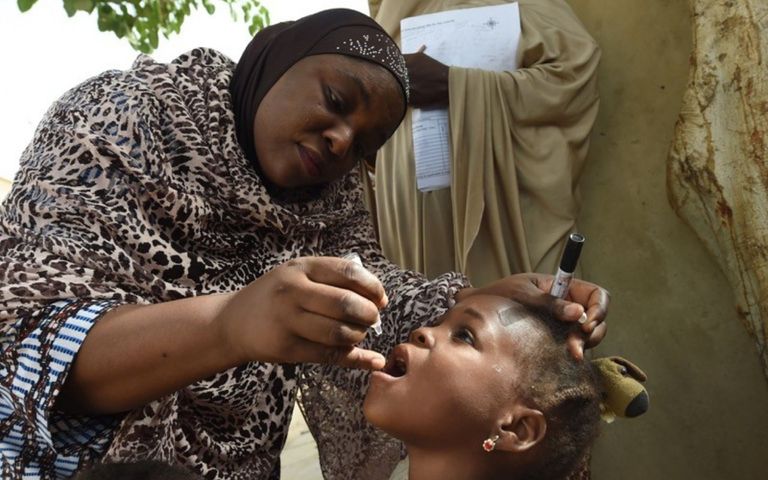
In the midst of the ongoing COVID-19 pandemic, especially with the Omicron variant of concern, there are still other viral threats that need to be addressed. Malawi has declared a polio outbreak in the country, which is Africa's first case of wild poliovirus in more than five years.
The declaration came after a small child in the country's capital, Lilongwe, contracted the disease. On Thursday (17/2), the World Health Organization (WHO) said the strain found in children in Lilongwe had been linked to one circulating in Pakistan.
In Pakistan itself, the polio virus is still endemic. Meanwhile, Africa was declared free of wild polio in August 2020. Regarding the detection of recent cases, WHO said it did not affect the status.
Dr Matshidiso Moeti, WHO regional director for Africa, said as long as there was a wild polio virus in the world then all countries were at risk. They immediately took action to prevent the spread of the virus.
"As long as wild polio exists everywhere in the world, all countries remain at risk of importing the virus," Moeti said. "Following the detection of wild polio in Malawi, we are taking immediate action to prevent its potential spread."
As a measure to prevent transmission, additional immunizations have been increased. WHO together with health authorities in Malawi also carried out a risk assessment and deployed a rapid response team.
The last case of wild poliovirus was identified in 2016 in Nigeria. Globally, only 5 cases were detected in 2021.
"Every case of wild poliovirus is an important event," said Dr Modjirom Ndoutabe, polio coordinator at WHO's Regional Office for Africa. "And we will deploy all resources to support the country's response."
Polio is still endemic in Pakistan and Afghanistan. There is no cure for this disease but vaccines have helped eradicate it in many parts of the world.